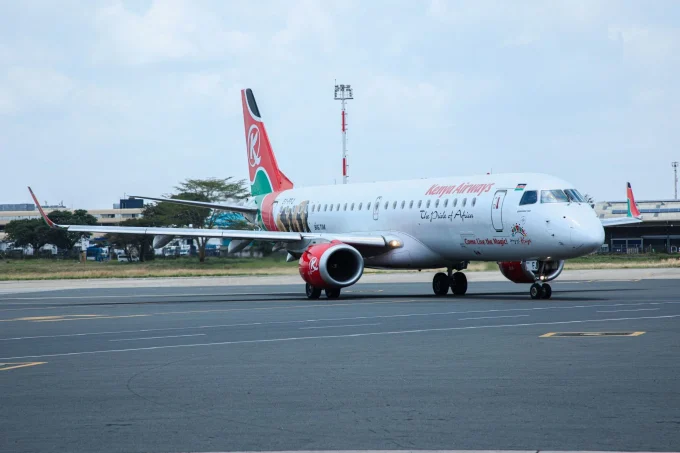Kenyans have been advised to carefully manage oil and gas expectations to avoid unnecessary conflicts and disillusionment. Oil and Energy Services (OES) Limited CEO Mwendia Nyaga says stakeholders should support local content development (the added value brought to a host nation) to benefit in the long run.
“Workforce development through employment and training of local people as well as investment in supplier development by developing and procuring supplies and services locally, benefits not just the host country but multinationals as well,” says Mr Mwendia.
OES expressed concern that as yet there is neither a clear framework spelling out goals and the roles of the various stakeholders in the extractive industry nor a clear definition of local content in Kenyan laws.
See also >>> Interview: Oil & gas convention to address local content gaps
Mr Mwendia was speaking today at a media breakfast in Nairobi ahead of the second OES Local Content Convention to be held next week. High profile industry and government leaders from the region are expected to attend the event. Deputy President, William Ruto will be the chief guest.
OES advised stakeholders not to expect quick fixes but to adopt a long-term collaborative view regarding local content while maintaining robust communication and regular information flows among the parties. The firm noted that services such as seismic acquisitions, drilling, research and development, among other core services, took years of investment and partnership to realise.
Once they are in place, however, they can contribute to the reduction of operational costs by keeping expatriate staff to a minimum, ensuring easy availability of supplies and services and improving relations between multinationals and their hosts. “The key issue isn’t just regulation and legislation but having a clear strategy that safeguards the commercial interests of multinationals and contributing to sustainable development of the host country,” said Mr Mwendia.
In addition to lack of skilled labour and inadequate capacity of local suppliers, OES has also identified lack of industry awareness, falling oil prices and poor infrastructure as factors that could impede Kenya’s potential to benefit from the new found resources.
Kenya has an estimated one billion barrels of crude oil. There could be more billions of barrels waiting to be confirmed. However, it will take years before this wealth can be translated into tangible wealth for local communities and the country.
Next Read >>> Why East Africans won’t benet from falling oil prices
















































![Pula Co-Founders and Co-CEOs, Rose Goslinga & Thomas Njeru. Pula provides agricultural insurance and digital products to help smallholder farmers manage climate risks, improve farming practices and increase their incomes. [ Photo / Courtesy ]](https://businesstoday.co.ke/wp-content/uploads/2021/01/Pula-Co-Founders-and-Co-CEOs-Thomas-Njeru-Rose-Goslinga.jpg)




























































Leave a comment